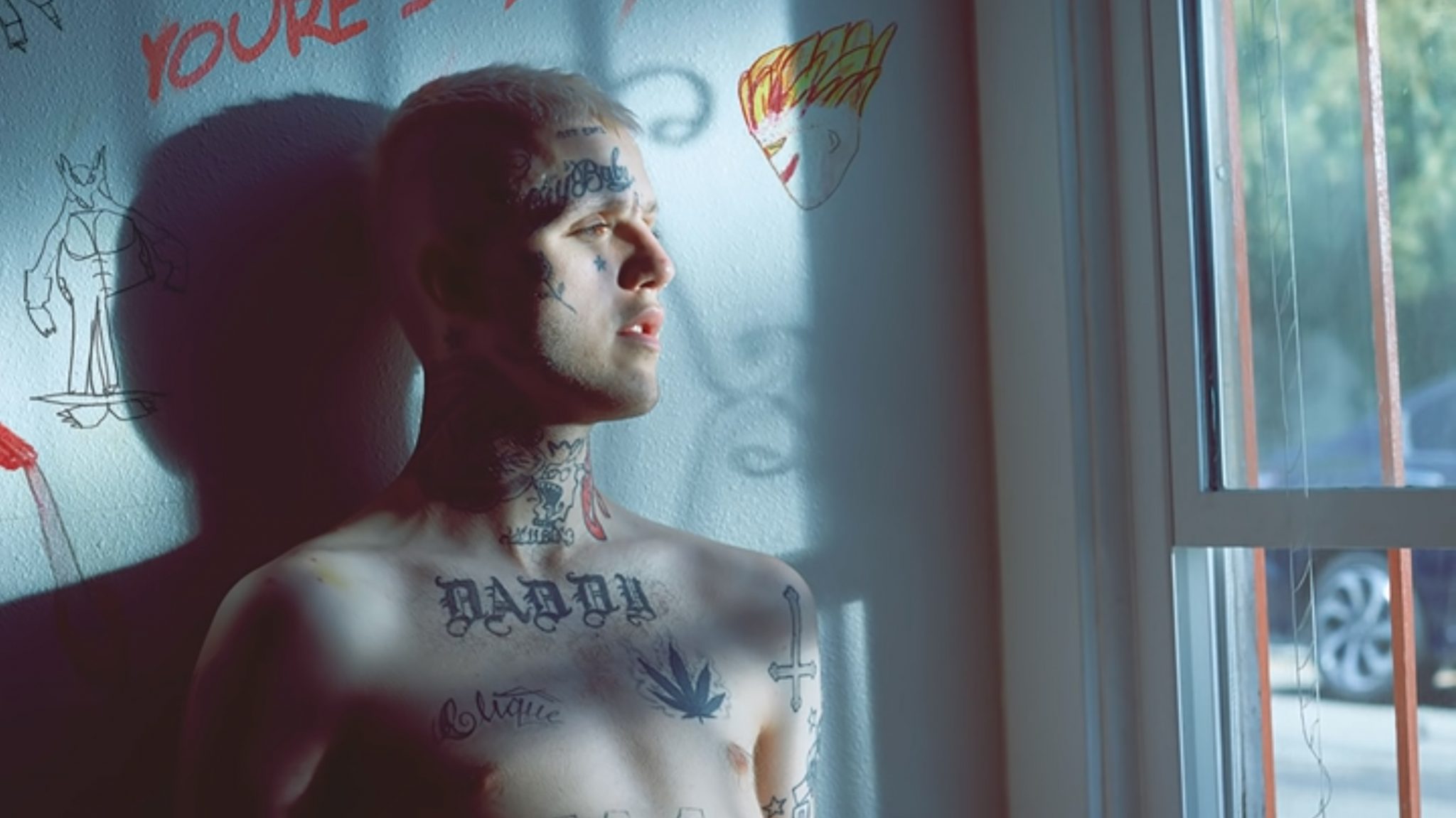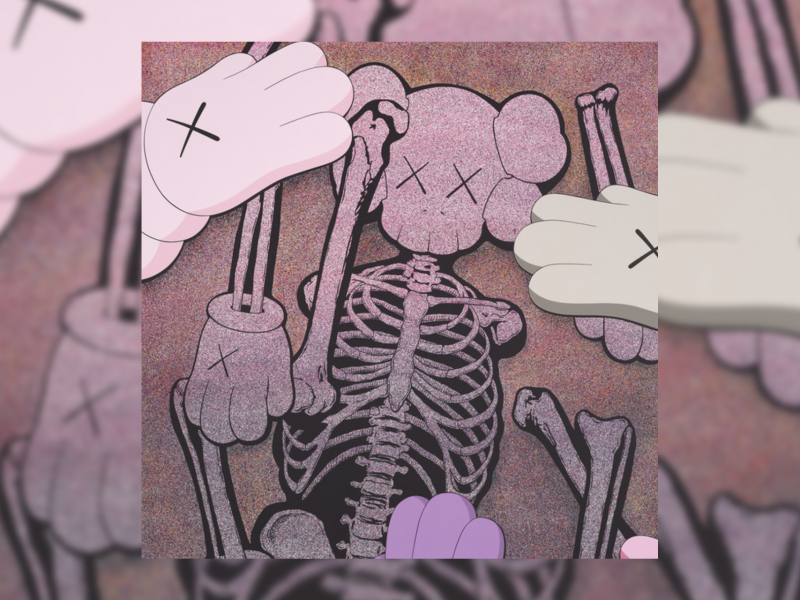It’s weird to listen to a new Prince song in 2021. It will never feel normal to hear his voice in a new context after he’d died. But now, fans can hear the genre-bending artist on “Welcome 2 America” — the title track from his upcoming album of the same name — which centers on technology and politics.
The album will be released this July, according to PAPER Magazine. It was likely recorded in 2010 and 2011, and it’s finally coming out of Prince’s vault after his death in 2016.
Hearing the funk rock beat under Prince’s voice is refreshing in a way, knowing there was so much more to hear from the iconic musician whose career spanned generations. But at the same time, as with every posthumous release from an artist, I ask myself: Is this what they would have wanted? Wasn’t it in their vault for a reason?
There’s nothing inherently wrong with posthumous releases. In fact, they often give fans a sense of community around an artist they love and excite them over new music again, a rare feeling once an artist has passed away.
Fans rally together to get songs past a certain number of streams and support an artist’s estate by buying new releases and merchandise.
[For your walking pleasure: Here are the best trails in College Park]
But when an artist dies and their family and friends continue their career, it often feels strange. An artist’s work is released usually without their consent through the people close to them, acting as a messenger between them and the world. Most people’s intentions are to contribute to the legacy of the artist positively, but the biggest piece of the puzzle is missing: the artist themselves.
Despite that missing piece, the music still has the potential for greatness. Lil Peep’s melancholic “Life is Beautiful,” which was released after his death, is a narrative about life’s struggles, such as death, rejection and illness. But it’s also about important moments, such as getting out of bed in the morning and thinking deeply about life — the good parts that accompany the bad. The sarcastic refrain lies between the negative situations, “Isn’t life beautiful? I think that life is beautiful.” It’s a remix of an earlier song, “life ✞.”
“Life Is Beautiful” is enough to bring me to tears and make me reflect on my entire life. Because of this, I usually avoid Lil Peep’s posthumous releases (although I would love to be able to enjoy his new music without feeling like bawling my eyes out).
Besides being qualitatively good, posthumous releases can also be very successful on the charts. XXXTENTACION, one of the most controversial rappers of the 2010s, had his first posthumous album Skins reach number one on the Billboard 200 chart, according to The New York Times.
The success of Juice WRLD, Lil Peep and XXXTENTACION’s posthumous releases show that not only is the hype still alive and well, but also that there’s money to be made, usually off of their likeness in bootleg merchandise made on Redbubble by those trying to make a quick buck.
There’s a weird market that emerges after an artist’s death. A sea of unofficial documentaries crop up over time. Homemade footage is posted and, although I enjoy it, I can’t help but think I’m snooping. Limited edition music releases are resold with large profit margins. Fans bicker over who’s a real fan and who isn’t based on whether they liked the artist before they were popular or after they died.
This market can feel commemorative at moments, but it’s also invasive or downright exploitative (see: reselling limited edition music). The line between these areas shifts and blurs to me, especially when these releases are done out of love to let fans further into the artist’s life.
Sometimes, the hype surrounding an artist’s work after they die can reflect the same affection as giving someone flowers only after they die, and I often wonder if certain artists would make as big of a splash if they hadn’t died — and in many rappers’ cases, not died so damn young.
Rosemarie Ho put it well in an article in The Outline about the legacies of dead rappers, centering specifically on Lil Peep and XXXTENTACION: “In a culture that fetishizes youth just as it lambasts it for its unruliness, such troubled, talented young men who didn’t even get to live into their mid-twenties are catnip.”
She also mentioned that when the music industry crafts a legacy of such young artists, it shows how money-hungry the entertainment business is.
Ho added: “The afterlife of an artist is removed from who he was when he lived; all is forgiven, and fans drink up every piece of him that they can get.”



